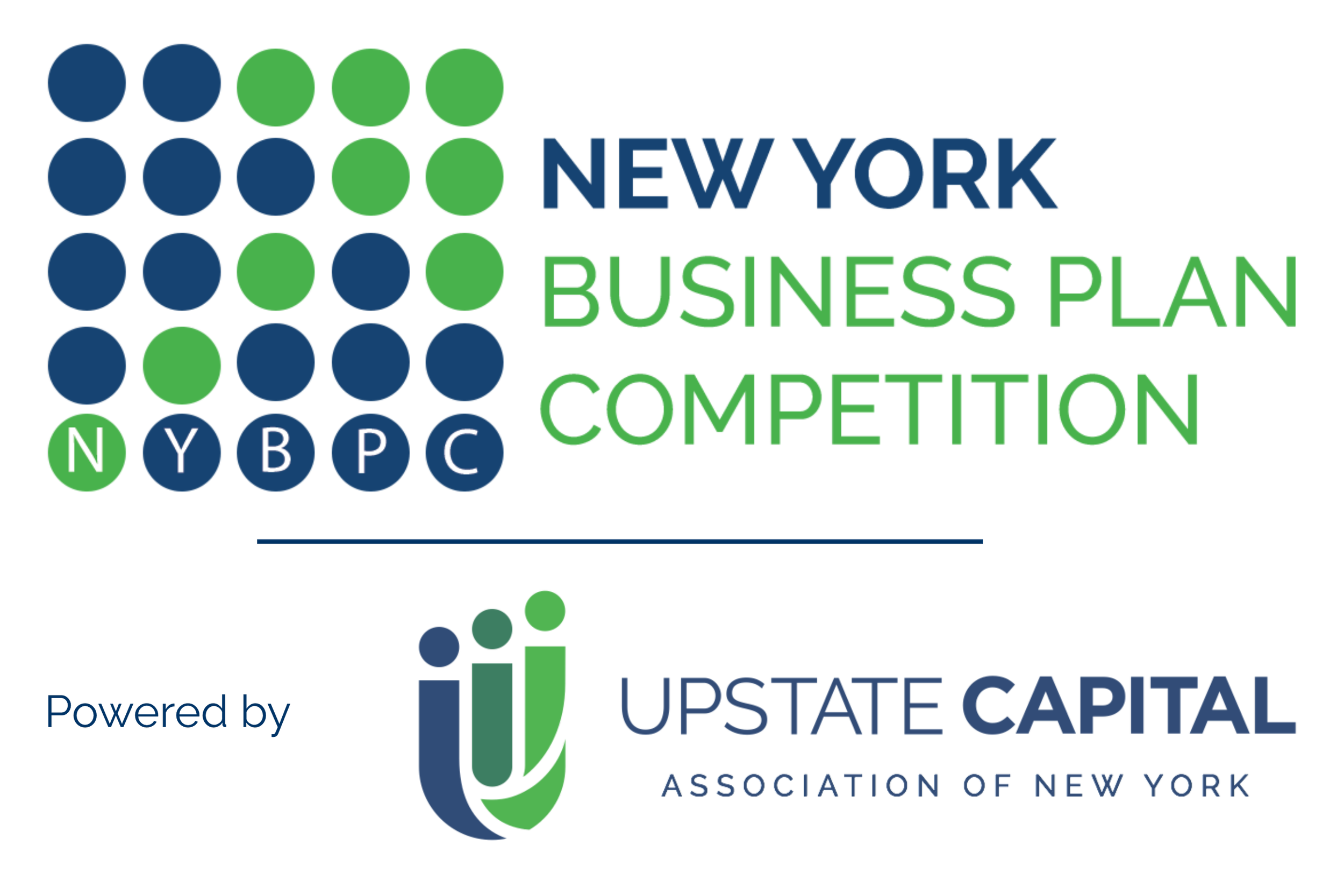FAQ + NYBPC
If I graduate in December 2022, am I eligible to compete in the program?
Yes - students that are currently enrolled or were enrolled in the 2022-2023 academic calendar year, including those who graduated in December or another month, are eligible to compete.
Are part-time students allowed to participate in the program?
Yes - part-time students are allowed to participate as long as they are currently enrolled or were enrolled during the 2022-2023 academic calendar year.
Can I have someone on my team who isn't currently a student?
All presenters must be eligible students in all stages of the competition. You may have team members or advisors who are not students. For business ventures that are incorporated, your business must be majority student-owned (more than 50%). For teams that are unincorporated, the majority of contributions need to come from students, such that should an organization become incorporated, the organization would be majority student-owned.
Are community college students eligible to participate?
Absolutely, as long as it is located in New York State and is accredited.
Where do I submit my application for the competition?
The application opens on January 1, 2022 and will be available at nybpc.org. All students across the state fill out one statewide application to compete in the regional competitions.
Where can I find the rules for the competition?
The complete NYBPC rulebook can be found here.
My venture recently won $25,000 at another competition. Are we still eligible?
Yes - student teams are eligible to compete as long as they haven't raised more than $100,000 in cumulative public and private capital, including other business plan competitions, but excluding grant funding.
What will I be judged on?
Judges use the NYBPC rubric to evaluate each team at both the regional level and state level. Judges are asked to evaluate companies according to the following criteria: Market Opportunity, Competitive Advantage, Management Capability, Financial Understanding, Roadmap/Growth Strategy, and Sustainable Business Model. Judges focus their deliberations on the long-term viability and sustainable competitive advantage of each venture.
Do judges and participants sign confidentiality or non-disclosure agreements so that I
don't risk compromising the intellectual property of my idea or technology?
No - judges and participants do not sign confidentiality or non-disclosure agreements, just like in an actual investor presentation. Entrepreneurs need to learn how to effectively pitch their idea, technology, and business model to investors without disclosing confidential information. Teams should not include any confidential information in their applications or pitch decks.
How can I present my business idea but still protect the intellectual property once it is shared during the competition?
IP protection is the responsibility of the applicant. In general and for the NYBPC, it's best to focus on the problem, high-level overview of a solution, and how the solution makes money, without getting into too much detail on the product/service.
As stated by a local attorney: Steve Ackerman of Saile Ackerman law firm based in Poughkeepsie, NY: "Pursuing protection by obtaining a patent is the most likely approach. It would be best to find a patent attorney to discuss next steps, and the discussion should include the costs and timeline for obtaining patent protection, why a patentability search is a good idea, and the importance of getting a patent application filed before you disclose your idea to any third party. You'll also want to start thinking about how you might produce, market, and sell a product that includes your invention, and how to finance the costs of starting a business and paying for the patent process. As an alternative to selling the product yourself, you may consider just obtaining a patent and finding someone else to make and sell the product, though this has its own challenges."
